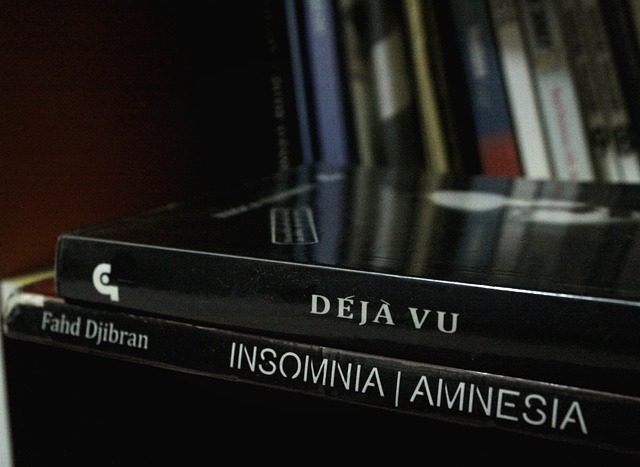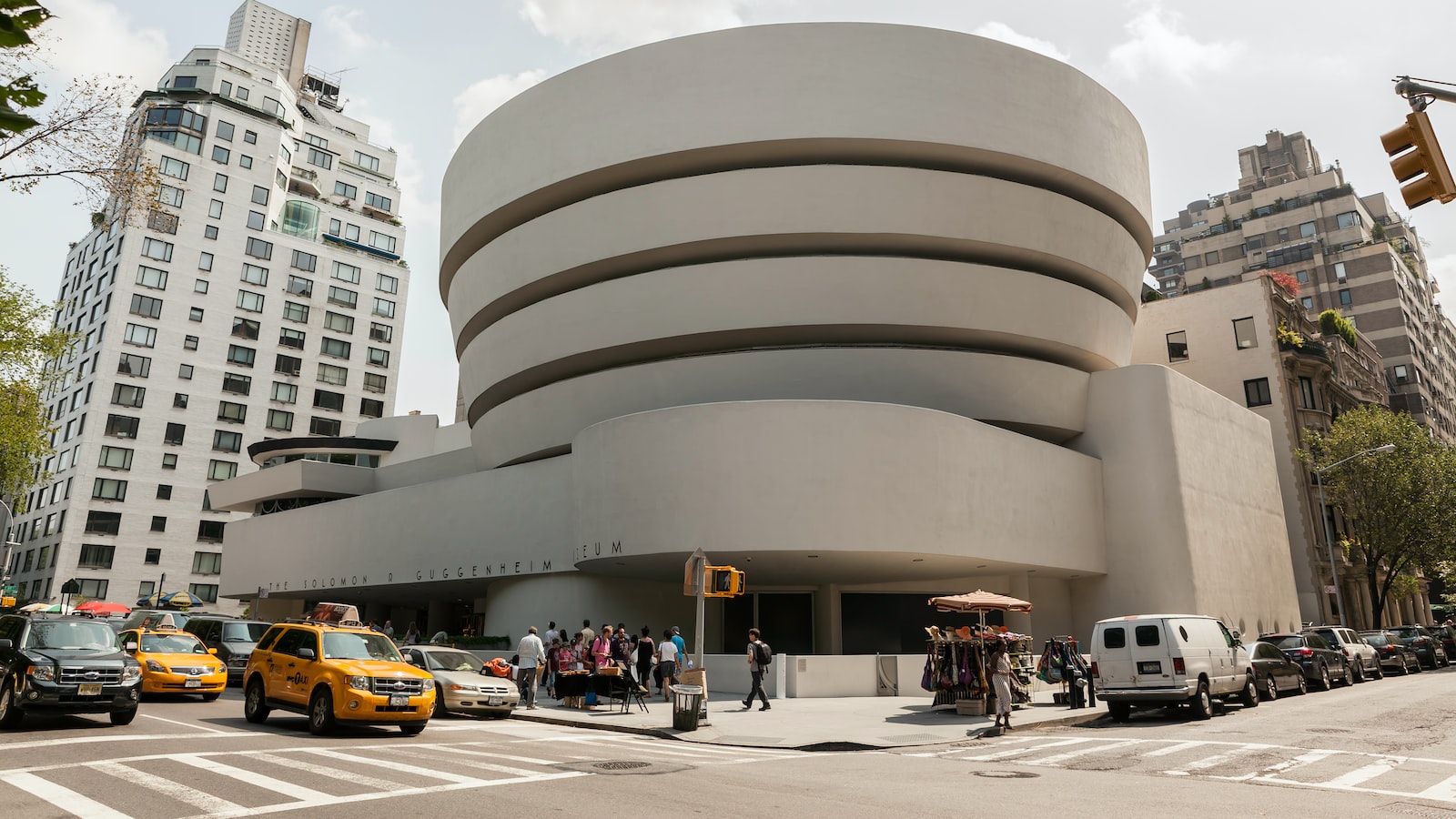Can Deja Vu Make You Feel Unwell?
Have you ever experienced something so familiar that you thought you already lived it before? Maybe it was déjà vu. Most people have experienced déjà vu at some point in their life, but you might not know that déjà vu can make you feel unwell. In this article, we’ll discuss what déjà vu is, its relationship to feeling unwell, and some possible causes of feeling unwell after experiencing déjà vu.
1. What is Deja Vu?
Deja Vu is a sensation or experience of feeling like a certain moment has happened before. It is often experienced as a sense of familiarity, a distant memory or a gut feeling that you’ve encountered a certain situation before. This situation can occur with both positive and negative experiences.
It is reported that Deja Vu happens to most people at least once in their lifetime and is more common among younger people. Although it is seen as an unusual phenomenon, it is considered to be a normal experience.
There are a few things that can trigger Deja Vu. Below are some of the most common triggers:
- Reciting a phrase or saying that you’ve heard before
- Difficult times like being in a new place or situation
- Dreaming and then feeling like it has actually happened in reality
Deja Vu feelings can last anywhere from a few seconds to a few minutes. It’s thought to be caused by a combination of memory associations and sensory input. Scientists also believe it may be caused by a misfiring of our neurons.

2. Can Deja Vu Make You Unwell?
At first glance, it might seem as though deja vu can’t make you feel unwell. After all, it’s a common phenomenon that most people experience from time to time. But science has recently shed some light on the subject, suggesting that there may be some health implications associated with experiences of deja vu.
Here are some of the possible ways deja vu can make you feel unwell:
- Headaches: Research has showed that people who experience frequent deja vu are more likely to suffer from headaches, potentially due to the pressure and strain of having to make sense of the apparently familiar situations.
- Dizziness: Experiencing a bout of deja vu can cause feelings of dizziness, likely due to the mental overload of having to recall and process information quickly.
- Anxiety: People who frequently experience deja vu can be left feeling overwhelmed or anxious, due to an overload of information that tugs at the subconscious brain.
Not everyone experiences these symptoms as a result of deja vu, but it is important to keep an eye on any negative feelings that arise as a result of experiencing this phenomenon. In extreme cases, it could be a sign of an underlying condition, such as epilepsy.

3. Common Symptoms of Deja Vu-Related Unwellness
Deja Vu-related unwellness can manifest through a range of physical and psychological symptoms. While not usually a medical condition in itself, it can still lead to distress and discomfort.
- Physical Symptoms:
- Fatigue and exhaustion
- Unexplainable digestive issues
- Insomnia & sleep disturbances
- Headache or unexplained pain
- Psychological Symptoms:
- Anxiety/panic attacks
- Irritability and mood swings
- Feelings of being disconnected from reality
- Difficulty concentrating/feeling distracted
- Depression & feelings of hopelessness
It’s important to remember that these symptoms don’t necessarily point to Deja Vu-related unwellness; they may be caused by other issues. If any of these symptoms start to crop up, however, it’s best to schedule a visit with a doctor to discuss health concerns. Seeking a professional evaluation can help you determine the cause and appropriate course of treatment for your symptoms.
4. Causes of Deja Vu-Related Unwellness
1. Neurochemical Factors – It’s believed that the neurotransmitters serotonin and glutamate may be culprits behind deja vu-related unwellness. If the concentrations of these chemicals are too low, they can’t properly regulate brain activity, which can lead to deja vu episodes.
2. Medical Conditions – Deja vu-related unwellness can also be caused by neurological or physiological disorders such as epilepsy, schizophrenia, and migraines. Also, medications prescribed for psychiatric conditions such as depression and anxiety are often associated with increased and frequent deja vu occurrences.
3. Environmental Factors – Excessive stress or fatigue can lead to deja vu-related unwellness. Being in a weakened state, the mind may become more prone to lapses in cognition, such as deja vu.
4. Genetics – Some researchers believe that there may be a genetic component to deja vu-related unwellness due to the increased frequency with which some people experience these episodes. If several family members suffer from deja vu episodes, it’s possible that there is a genetic pre-disposition.

5. Management Strategies for Deja Vu-Related Unwellness
When deja vu makes you feel unwell you need to take action. Here are 5 management strategies you can use to help you cope:
- Stay Calm: When you get deja vu, take a few deep breaths and remain calm. You should talk yourself through it and remind yourself you are safe.
- Talk to A Friend: Having someone to talk to can help you feel less anxious and overwhelmed. Share your feelings and thoughts with a friend you trust.
- Take A Break: Deja vu can be exhausting. Relax, take a step back from the situation, and do something calming. Taking a break from the experience will help you regain your focus.
- Record Your Experiences: It can be helpful to keep a diary of your deja vu experiences. Writing down what you remember can help you make sense of the experience and make it easier to process.
- Seek Professional Help: In some cases, professional help can be useful in understanding and dealing with deja vu-related unwellness. If you need help, consider talking to a mental health professional.
These management strategies can help you cope and manage the effects of deja vu-related unwellness. It is important to focus on your emotional and physical wellbeing, and take the time to do things that make you feel safe and supported.
Conclusion
All in all, deja vu is a strange phenomenon, and it can indeed make you feel unwell in certain contexts. As we’ve seen, there are many theories about what causes it and what its implications may be, but for the most part, we can only guess. Nonetheless, it’s worth pondering what it might mean and how it might affect us in the future.
